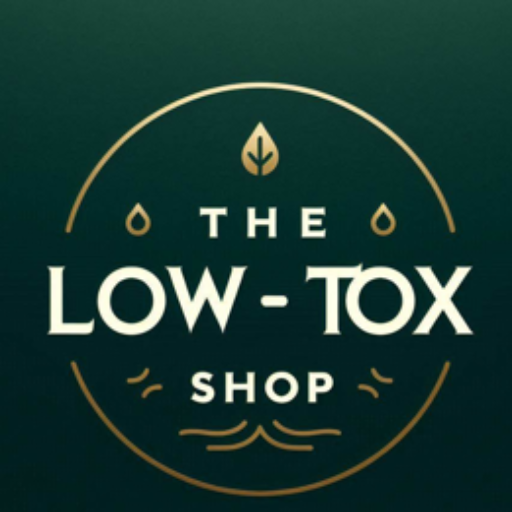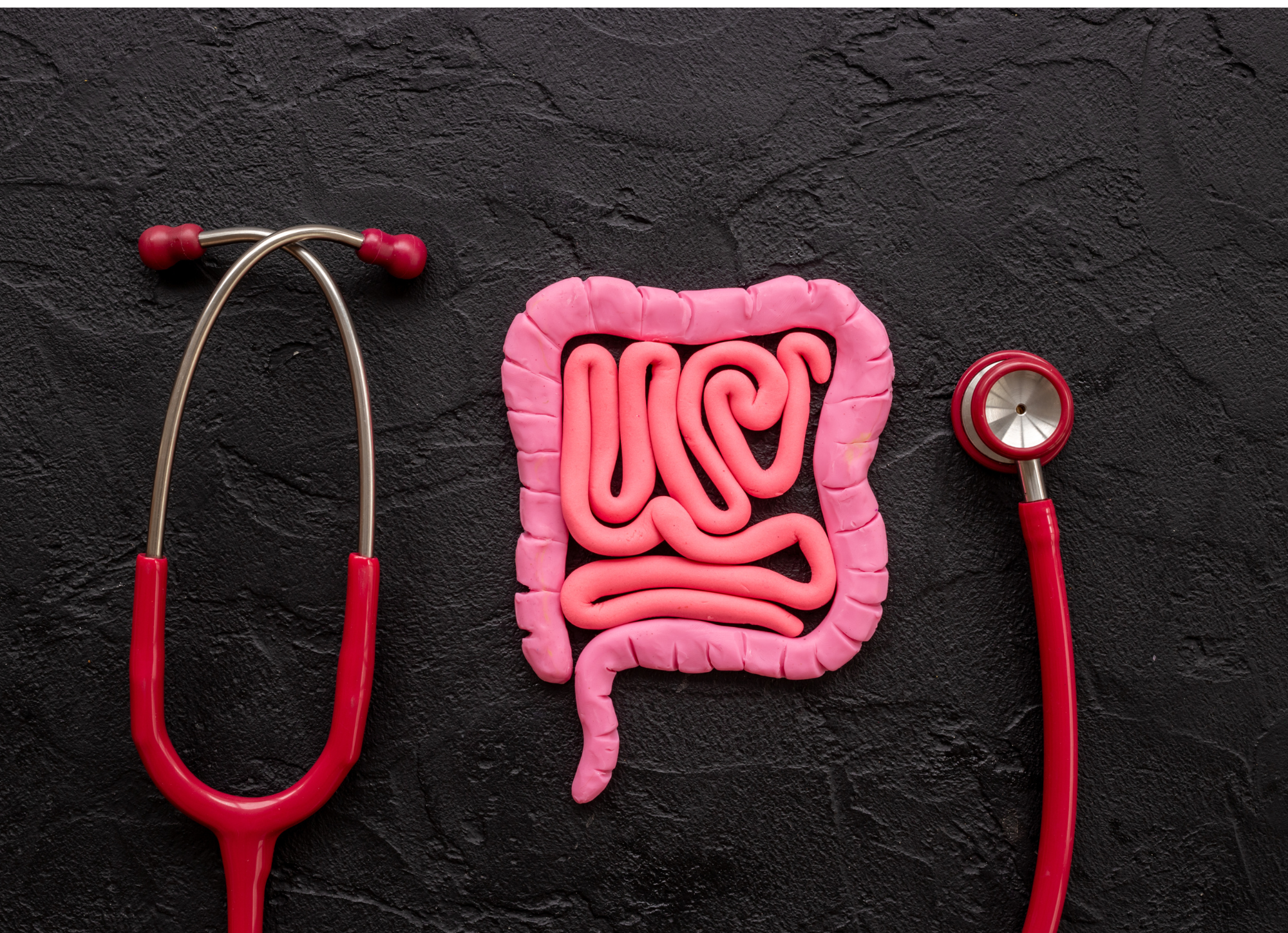The Gut-Brain Connection: How Healing Your Gut Can Transform Your Energy and Mood
Today, In 6 Minutes or Less, You’ll Learn:
- The science behind the gut-brain connection.
- How poor gut health impacts your mental clarity, energy, and mood.
- Proven strategies to heal your gut using holistic and functional medicine approaches.
What If Your Gut Holds the Key to Feeling Amazing Every Day?
We’ve all had those moments: dragging yourself out of bed, reaching for your second cup of coffee by mid-morning, or snapping at someone because everything feels overwhelming. Often, we blame these issues on stress, a lack of sleep, or a busy schedule—but what if the answer lies in your gut?
Your gut is more than just a digestive organ. It’s your body’s “second brain,” responsible for producing mood-boosting chemicals, managing inflammation, and even regulating your energy levels. Ignoring your gut health is like ignoring the foundation of a house—it might look fine on the outside, but cracks will start to appear.
This blog dives into the fascinating science of the gut-brain connection and offers holistic, actionable steps to help you regain energy, mental clarity, and emotional balance.
What Is the Gut-Brain Connection?
The gut-brain connection is a two-way communication system between your digestive system and your central nervous system, often referred to as the gut-brain axis.
Your gut and brain “talk” to each other using nerves (like the vagus nerve), hormones, and biochemical messengers. This means your mental state can influence your digestion (ever had butterflies in your stomach before a big event?) and, conversely, your gut health can affect your mood, energy, and focus.
The Role of the Microbiome
Inside your gut are trillions of microorganisms—bacteria, viruses, and fungi—collectively called the microbiome. These tiny microbes aren’t just passengers; they’re active participants in your health.
Neurotransmitter Production: Your microbiome produces about 90% of your body’s serotonin (the “feel-good” neurotransmitter), along with dopamine and GABA. These chemicals are essential for mood regulation, focus, and even sleep. If your microbiome is unbalanced, neurotransmitter production suffers.

Immune System Regulation: About 70% of your immune system resides in the gut. A diverse microbiome can reduce systemic inflammation and help your body fight off illnesses.
Vagus Nerve Communication: The vagus nerve is like a superhighway, constantly sending signals between your gut and brain. A healthy gut supports a calm, balanced nervous system, while an unhealthy gut may send stress-inducing signals to your brain.
Think about a time when you were stressed and suddenly felt nauseous or lost your appetite. That’s your gut-brain axis in action, proving how closely these systems are linked.
How a Dysfunctional Gut Affects Your Mood and Energy
When your gut is out of balance, a condition known as dysbiosis, it can wreak havoc on your mental clarity, energy, and mood. Here’s how:
1. Increased Inflammation: The Root of Fatigue and Mood Swings
Your gut lining acts as a barrier, keeping toxins and undigested food out of your bloodstream. But when this barrier is weakened (a condition called leaky gut), harmful substances escape, triggering inflammation throughout your body.
Why It Matters: Chronic inflammation is linked to fatigue, brain fog, anxiety, and depression. It’s like your body is constantly fighting a hidden battle, leaving you drained.
2. Impaired Neurotransmitter Production
If your microbiome is unhealthy, it struggles to produce serotonin, dopamine, and other mood-regulating chemicals. This can leave you feeling irritable, unmotivated, or foggy.
Why It Matters: Without enough serotonin, you may experience poor sleep, low mood, and heightened stress.
3. HPA Axis Dysregulation
Your gut influences the hypothalamic-pituitary-adrenal (HPA) axis, which controls your body’s stress response. Dysbiosis can overstimulate this system, leading to a constant “fight-or-flight” state.
Why It Matters: This creates a vicious cycle—stress harms your gut, and a compromised gut amplifies your stress.
Holistic Approaches to Healing the Gut-Brain Axis
1. Nutrition: The Foundation of Gut Health
What you eat directly shapes your microbiome. Feed it well, and it thrives. Feed it poorly, and harmful bacteria take over.

Fermented Foods: Foods like sauerkraut, kimchi, miso, and yogurt are rich in probiotics—live bacteria that replenish your microbiome.
Prebiotic Foods: Prebiotics, found in garlic, onions, leeks, and bananas, act as food for your gut bacteria, helping them flourish.
Anti-Inflammatory Diet: Reduce processed foods, sugar, and alcohol, and focus on nutrient-dense options like leafy greens, omega-3-rich fish, and colourful vegetables.
A Simple Tip: Start by adding a tablespoon of sauerkraut to one meal a day—it’s an easy, affordable way to boost your gut health.
2. Low-Tox Living for a Healthy Gut
Environmental toxins can disrupt your microbiome, weakening its ability to support your health. Make simple swaps to create a low-tox lifestyle:
- Natural Cleaning Products: Avoid harsh chemicals and opt for natural alternatives, like vinegar and baking soda.
- Ditch Plastics: Switch to glass or stainless steel for food storage.
- Choose Organic: Reduce your pesticide exposure by buying organic fruits and vegetables.
After switching to glass containers and swapping out commercial cleaning products for natural ones, I noticed less bloating and more energy within weeks.
3. Mind-Body Practices to Soothe Stress
Stress is one of the biggest disruptors of gut health. Incorporate daily practices to calm your nervous system:
- Meditation: Even 5 minutes a day can reduce cortisol levels.
- Breathwork: Try diaphragmatic breathing to activate your vagus nerve.
- Yoga: Combines mindfulness with gentle movement to relax your body and support digestion.
Practical Tip: Start your morning with three deep belly breaths—inhale for 4 counts, hold for 4 counts, exhale for 6 counts.
4. Targeted Supplementation
While diet is foundational, supplements can provide additional support:
- Probiotics: Choose a multi-strain formula with at least 10 billion CFUs.
- Omega-3s: Reduce inflammation and support brain health.
- Magnesium: Helps with relaxation and gut motility.
- L-Glutamine: Repairs the gut lining and supports a healthy barrier.
5. Functional Medicine Testing
Work with a practitioner to uncover the root causes of your gut issues.
- Comprehensive Stool Analysis: Reveals the health of your microbiome.
- Food Sensitivity Testing: Identifies foods that may be triggering inflammation.
- Hormone Panels: Explores how your gut affects your cortisol and estrogen levels.
Real Stories: From Gut Healing to Life Transformation
One of my clients, Sarah, came to me with constant fatigue, irritability, and digestive discomfort. After 3 months of adding probiotic foods, focusing on stress management, and switching to an anti-inflammatory diet, she told me, “I finally feel like myself again.
Key Takeaways
- Your gut and brain are deeply interconnected through the gut-brain axis.
- Poor gut health can lead to inflammation, low energy, and mood swings.
- Healing your gut involves a holistic approach: clean eating, stress management, low-tox living, and targeted supplementation.
Found this article useful?
⚡️ Don’t keep it to yourself—send this to a friend who’d love it too!
⚡️ Come tell me your biggest takeaway on Instagram @TheLowToxShop. I’d love to hear from you!
Citations & Research
Open the folder for Sources & Further Reading.
Al-Salami, I., Al-Daami, Q. J., Bash, H. S., & Mahdy, A. S. (2024). The secret life of microbes: The expanding role of microbes in shaping endocrine health—The role of microbes in endocrinology health. GenoMed Connect, 1(1). https://scifiniti.com/uploads/source/articles/genomed-connect/2024/volume1/2024001/article.pdf
Clayton, P. (2018). Out of the fire. Oxford Publishing. https://www.amazon.com/Out-Fire-Paul-Clayton/dp/1999611609
Clayton, P., Hill, M., Bogoda, N., & Subah, S. (2021). Palmitoylethanolamide: A natural compound for health management. International Journal of Molecular Sciences, 22(10), 5305. https://www.mdpi.com/1422-0067/22/10/5305/pdf
Finnegan, Y. E., Neill, H. R., Prpa, E. J., & Pot, B. (2024). “Gut” to grips with the science of the microbiome—A symposium report. Gut Microbiome, 3(3). https://www.cambridge.org/core/services/aop-cambridge-core/content/view/C591A91F9DA2B0AF299B08D911E285EB/S2632289724000082a.pdf
Heidt, P. J., Bienenstock, J., & Rusch, V. (2013). The gut microbiome and the nervous system. Old Herborn University Publications, 26. https://www.old-herborn-university.de/wp-content/uploads/publications/books/OHUni_book_26.pdf
Jayaraman, S., & Paul, S. (2024). Gut microbiota and altered behaviour: Target on neuroimmune interplays. In Gut microbiome and brain ageing: Brain aging. Springer. https://link.springer.com/chapter/10.1007/978-981-99-8803-7_9
Lewandowska-Pietruszka, Z., & Figlerowicz, M. (2022). The history of the intestinal microbiota and the gut-brain axis. Pathogens, 11(12), 1540. https://www.mdpi.com/2076-0817/11/12/1540/pdf
Özenoğlu, A., Anul, N., & Özçelikçi, B. (2023). The relationship of gastroesophageal reflux with nutritional habits and mental disorders. Human Nutrition & Metabolism, 3(3). https://www.sciencedirect.com/science/article/pii/S2666149723000208
Pferschy-Wenzig, E. M., & Pausan, M. R. (2022). Medicinal plants and their impact on the gut microbiome in mental health: A systematic review. Nutrients, 14(10), 2111. https://www.mdpi.com/2072-6643/14/10/2111/pdf
Rathor, P., & Ch, R. (2024). The impacts of dietary intervention on brain metabolism and neurological disorders: A narrative review. Dietetics, 3(3), 23. https://www.mdpi.com/2674-0311/3/3/23
Ritzwoller, D. (2022). Association between access to restorative natural environments and decreased chronic inflammation. University of Colorado Digital Repository. https://scholar.colorado.edu/downloads/2r36tz81v


